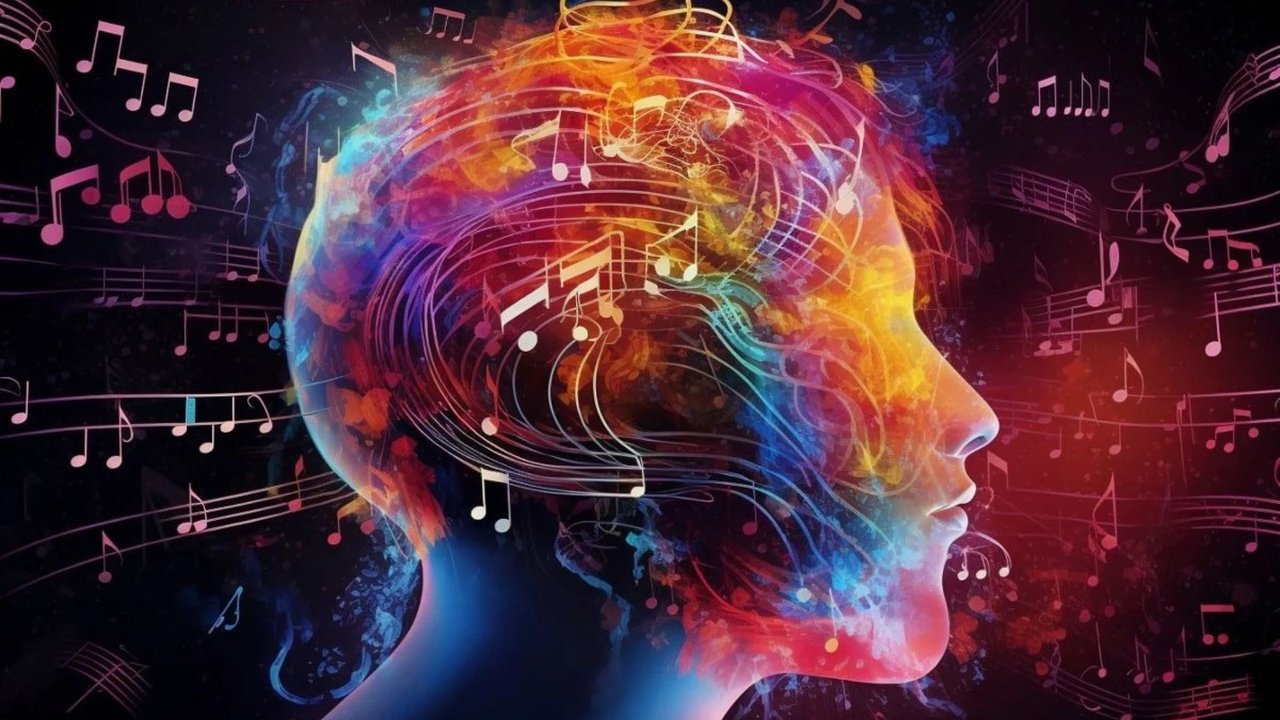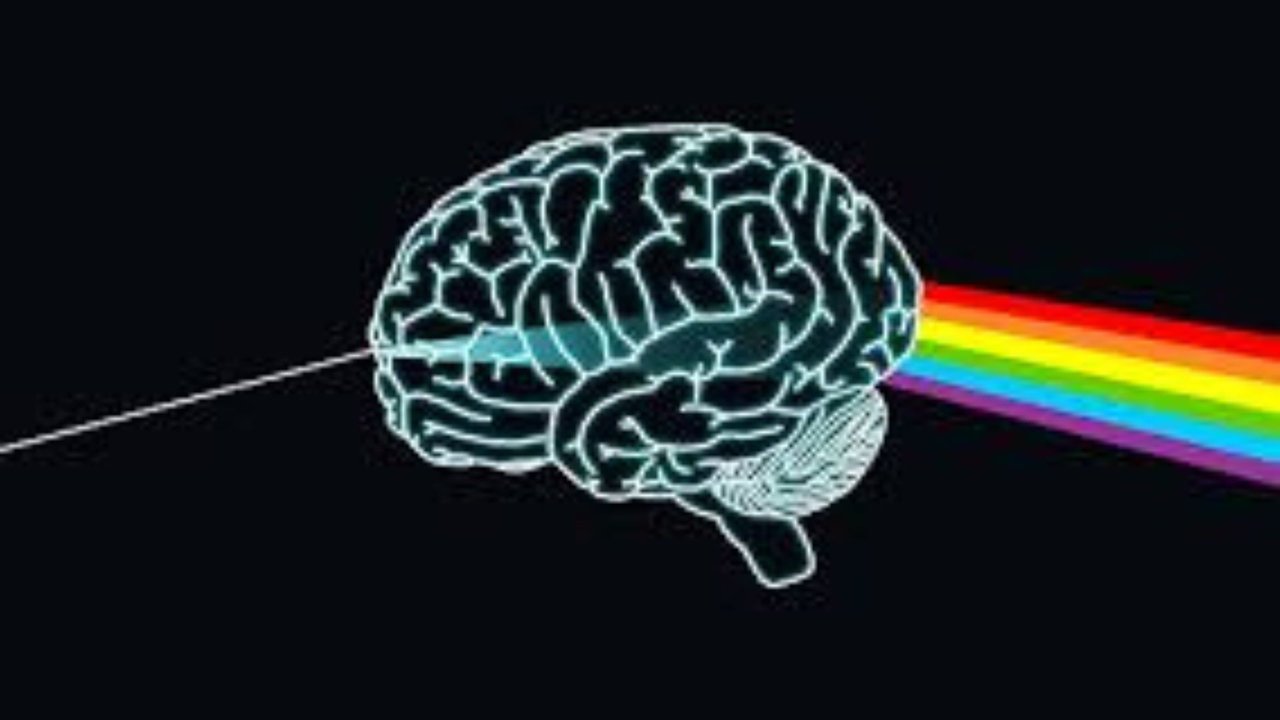The Sound of Emotion: Understanding Music's Deep Connection to Our Minds
0 comments
Music uniquely can evoke emotions, trigger memories, and make us want to listen. From the rhythm of our favorite song to the symphony of an orchestral masterpiece, music has a special connection to our thoughts and emotions. This connection is so strong that it is often used as a healing, educational, and business tool.

One of the most unique aspects of music is its ability to evoke emotion. A song can make us happy, sad, excited, or nostalgic. It all comes down to our brain processes music and the deep connection between music and emotions. The effect music has on the mind is due to the limbic system, which is responsible for emotional connection with music, which is involved in decision-making, planning, and thinking. Studies show that when we listen to music that has a particularly emotional impact, our brains release chemicals like dopamine, which are associated with pleasure and reward. This makes us feel superior when we listen to our favorite songs and makes us feel connected to something bigger than ourselves.
Music’s connection to memory is another interesting aspect of its intellectual power. Sometimes when we hear a song that takes us back to a special time or it reminds us of a person, situation, or phase in our life. When we listen to music, our brain's limbic system which is responsible for memory formation or thinking, is activated. This is why songs from our past evoke memories and emotions. For example, a song played for the first time can create excitement and anxiety when heard again years later. Similarly, songs played at special moments in life, such as graduations or weddings, can evoke emotions and joy or bitter sadness. The connection between music and memory is why music therapy is often used to help people with Alzheimer's because music is known to help patients reconnect with their memories and emotions.

Listening to music doesn’t just affect our minds; it also has cognitive benefits. Music can improve brain function in many ways, from improving learning and memory to improving thinking. Many people find that listening to music helps them think more and generate new ideas. Whether it’s writing or brainstorming, music can break down barriers and encourage openness. That’s why many artists, writers, and innovators often listen to music while they work; it stimulates the brain and encourages positive thinking.
The healing benefits of music have been known for centuries. In contemporary psychology, music therapy is recognized as an effective treatment for many emotional and psychological disorders, including anxiety, depression, and post-traumatic stress disorder (PTSD). Music therapy is so effective that it is often used in hospitals, schools, and mental health centers. For example, a therapist may encourage their patients to play an instrument, write music, or listen to music to help manage anxiety or depression. Research shows that music therapy can help lower heart rate, reduce stress hormones, and calm the body. Many people listen to music when they’re feeling down and find comfort and solace in their favorite playlists. Whether it’s expressing sadness over a broken heart or cheering us up with happy songs, music can help us cope with many emotions.
Music also plays an important role in shaping our society and cultural identity. It is a universal language that brings together different peoples, races, and nationalities. It has the power to unite people. Sharing music helps us to connect with different people. When people come together to create or enjoy music Whether singing, making music, or simply enjoying music with friends, music strengthens our relationships and fosters a sense of community and culture. For example, music is the key to many ceremonies, celebrations, and rituals around the world, from weddings to funerals. It can convey a message of hope, struggle, or joy, or it can be a map or a protest.
Music psychology is a fascinating field that explores the relationship between music and our emotions, memories, experiences, and relationships. From evoking powerful feelings to enhancing intelligence, music can affect people’s emotions in meaningful ways. There’s no doubt that music has been an important part of human culture for thousands of years, and its ability to connect us to our inner feelings makes it a central part of our lives. The next time you hear a song that touches something deep inside you, notice the different ways music shapes your thoughts and feelings. Whether it makes you happy or sad, uplifted or silenced, the music you hear is more than just a sound; it’s an experience that touches your heart.
Thanks for reading
I hope you like it
do drop your comments and opinions below
Posted Using InLeo Alpha

Comments